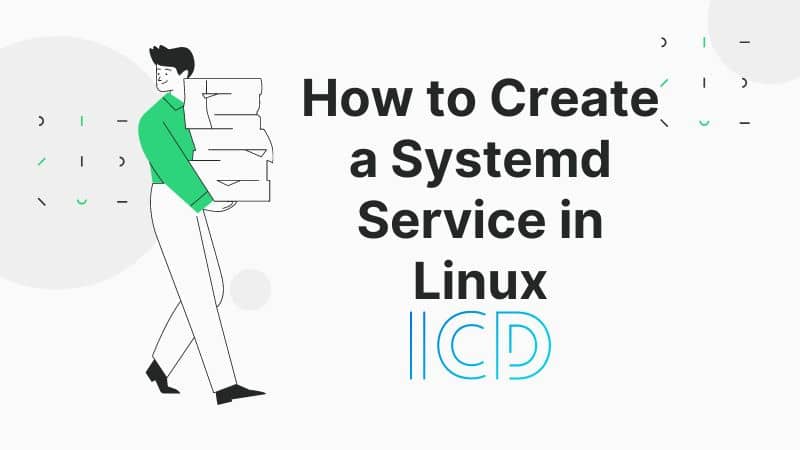Author: Team ICD
-

Best Linux Distros for Students in 2023: Top Picks
If you’re searching for a Linux distribution suitable for beginners or students, several factors must be taken into account, such as ease of use, stability, flexibility, and the inclusion of pre-installed applications that can aid in their learning experience. This guide presents some of the best Linux distributions that simplify the learning journey for students…
-

Top 6 Linux Distros for Education You Shouldn’t Miss
Are you looking for an operating system that can be used for educational purposes? Linux might be the perfect choice for you! Despite being commonly associated with professional use, Linux is actually a versatile OS that can serve multiple purposes. There are several Linux-based distributions that are specially designed for educational use, making it easier…
-

Check Disk Usage in Colorful Display with Pydf – An Alternative to ‘df’ Command
If you’re looking for a powerful alternative to the traditional “df” command, the Python Disk File System (pydf) is worth considering. This command line tool can display the amount of used and available disk space on a mounted filesystem, just like the df command, but with the added bonus of colorful output. Plus, the customizable…
-

How to Create Device Files in Linux Using mknod Command
In Linux, everything is a file, even physical devices such as disk drives, CD/DVD ROM, and floppy disks are represented using files. However, these files are not regular data files. Instead, these special files are called device files and they can generate or receive the data. Usually, all the special files are present under the…
-

How to Create a Systemd Service in Linux
Systemd is a modern software suite that provides many components on a Linux system including a system and service manager. It is compatible with SysV and LSB init scripts and works as a replacement for sysvinit. A systemd service is defined in a unit file (a unit is a representation of a service and system…
-

How to Install Puppet Master and Agent in RHEL-Based Systems
Developed by Puppet Lans, Puppet is an open-source configuration management tool used for automating and centralizing the configuration of infrastructure such as servers just like Ansible and Chef. It helps the simple execution of repetitive tasks which would otherwise be cumbersome and time-consuming. Puppet adopts a client-server architecture and comprises the following salient aspects. Puppet…
-

How to Install Icinga2 Monitoring Tool on Ubuntu 20.04/22.04
Icinga2 is a powerful free and open-source monitoring tool that keeps an eye on your network resources and sends alerts or notifications in case of failure or outages. It also collects metrics from network resources that can help you generate performance data and create reports. Icinga2 is scalable and it can monitor small to large…
-

How to Install Firefox on RHEL and Debian Systems
In most modern Linux distributions, the latest version of Firefox has been already installed from the default distribution package manager and configured as the default browser. In this article, we will explain other ways of installing the latest version of Firefox on RHEL-based distributions such as CentOS Stream, Fedora, Rocky, and AlmaLinux and Debian-based distributions…
-

How to Install LAMP on Debian 10 Server
A “LAMP” stack is a collection of open-source software that is generally installed together to allow a system to deploy dynamic applications. This term is an acronym which describes the Linux operating system, Apache web server, a MariaDB database, and PHP programming. Read Also: How to Install LEMP on Debian 10 Server Although this “LAMP”…